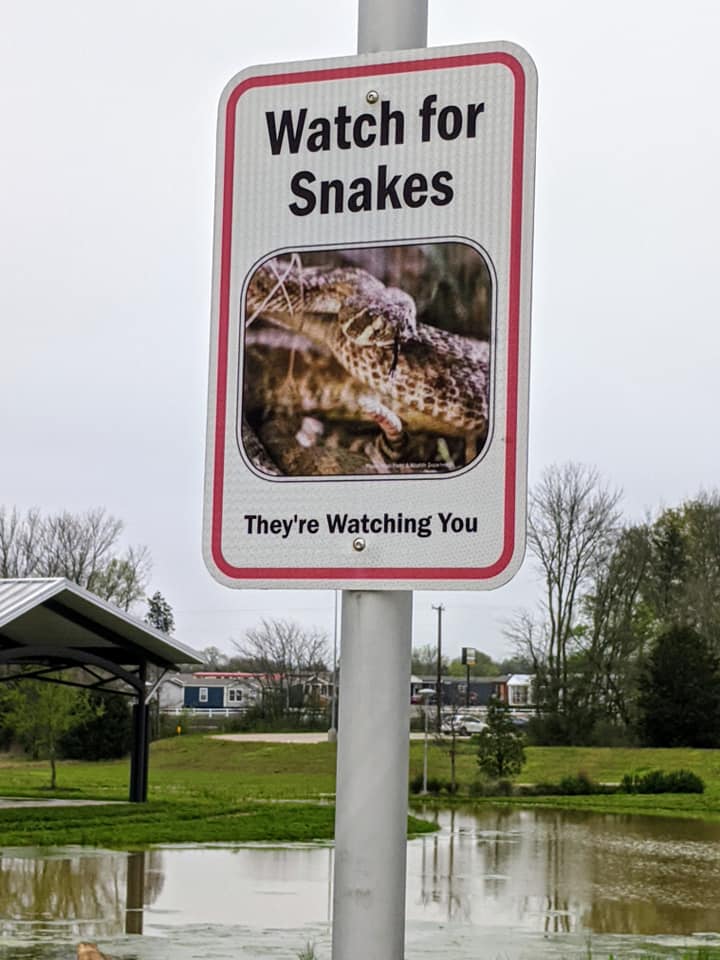Eighteen months ago, Heidi Knapp had never been west of Knoxville – today, she’s running reefer in a rig named Vivien and has seen every state in the Lower 48 except the Dakotas.
“You haven’t lived until you’ve gone down Donner Pass with 40,000 pounds in your trailer,” Knapp said in an online interview conducted while she and Vivien, a sleek, silvery teal Volvo with a cozy sleeper cab, were pulling out of Ft. Worth headed to San Antonio. Knapp was using talk-to-text, which allows her to answer questions without taking her eyes off the road.
Reefer, by the way, is not what you think it is. It’s trucker lingo for a van equipped with a refrigeration unit for hauling food.

Heidi Knapp
When she got out of truck driving school in September 2018, Heidi went to work for a big company moving merchandise around the country in “dry” vans. She had a tough year and made very little money, so she switched employers in December, got assigned to Vivien, and started hauling food – blueberries, strawberries, frozen potatoes, refrigerated drinks – from one distribution point to another, hopscotching across the country. She’s driving as many hours as the law allows and is essentially living in her truck.
And she’s making good money. She calls her new profession her “Hail Mary” retirement plan.
Reefer drivers like Knapp are vital links in the supply chains that put food on American tables. Today they are scrambling to deliver the goods as panicked consumers empty out supermarket shelves preparing for the COVID-19 pandemic.
“Switching over to reefer means that I’m moving food products, and they are desperately needed right now,” she said. “So, instead of being out of a job or not having enough work, I’m actually really busy. I also like the idea that I’m helping out during this crisis. It’s an amazing feeling to know that you’re being a hero to people.”

Vivien the Volvo
But as she watches private sector layoff after layoff, she can’t help worrying:
“People are eventually going to run out of money and then I’m not sure what’s going to happen. Right now, I’m seeing fewer people on the roads. I just came through Dallas during rush hour with relative ease. People are still out and about, but it’s less congested.”
For many years, Knapp was a working single mother with little time and even less money for extras like travel. That changed about three years ago. Her daughter grew up and moved off to California with her husband, an active duty United States Marine.
A few days after Lauren left, Knapp got her first glimpse of the Mississippi River as she was on her way to truck driving school in Missouri. It moved her to tears.
Knapp is a Massachusetts native who was living in Florida with Lauren, then 5 years old, when she decided to move to Knoxville in 2005. She considers Knoxville her adopted home and says she put a great deal of thought into where she wanted Lauren to grow up.
“During the housing boom, I got an extremely uneasy feeling that things were going to go south … I didn’t just throw a dart at a map. I spent months researching where to go and decided I wanted to be in the South because people are very friendly and the weather is certainly better than the Northeast.
“So, after much research, I realized that Knoxville offered an excellent cost of living to jobs ratio. That turned out to be correct. It was an excellent place to ride out the great recession.”
She had been a journalist in Massachusetts, and even started her own newspaper. She loved Knoxville and had a variety of jobs while she was here, but never managed to make much money. Here’s how she described it in her blog:
“I’ve been a journalist, insurance agent, call-center slave, rideshare driver. Sometimes it feels like I’ve done a little bit of everything, but I’d never been a truck driver.
“There was never enough time or money and that is precisely the issue. I can stay in lovely East Tennessee while I eek out an existence or I can take a chance, see the country and make more money than I’ve ever earned in my life.”
So, she took her “Hail Mary” shot at building a retirement nest egg and hit the road.
The job has its frustrations. It’s difficult to fill a prescription when you’re 100 miles down the road from the pharmacy. Getting her mail can be a problem and unless there’s a big truck stop on the route she’s driving, it can be hard to find a place to eat, sleep or shower. Or even worse:
“I will never forget the time, when I was in training, and we went to a company in Minnesota. I asked the guy that worked at the company if he had a restroom and he pointed to a Porta Potty out in the parking lot. It actually had ice on the toilet seat.
“Yet other companies are nice and have decent restrooms.
Also, you can’t park a 53-foot rig just anywhere. Many restaurants and merchants don’t want them in their parking lots.
“There are entire towns that don’t allow truck parking, she said. “They want their stuff, but they think it’s supposed to arrive by unicorns, I guess.”
But there are compensations. Heidi loves watching the faces of little girls when they realize that there’s a woman behind the wheel of that big truck. And she never tires of the beauty she discovers along the open road.
As we ended the interview she was in McAllen, Texas, on the Mexican border, picking up a load of avocados. Tomorrow she will be Georgia bound.
Betty Bean is a veteran reporter in Knox and Sevier counties.

